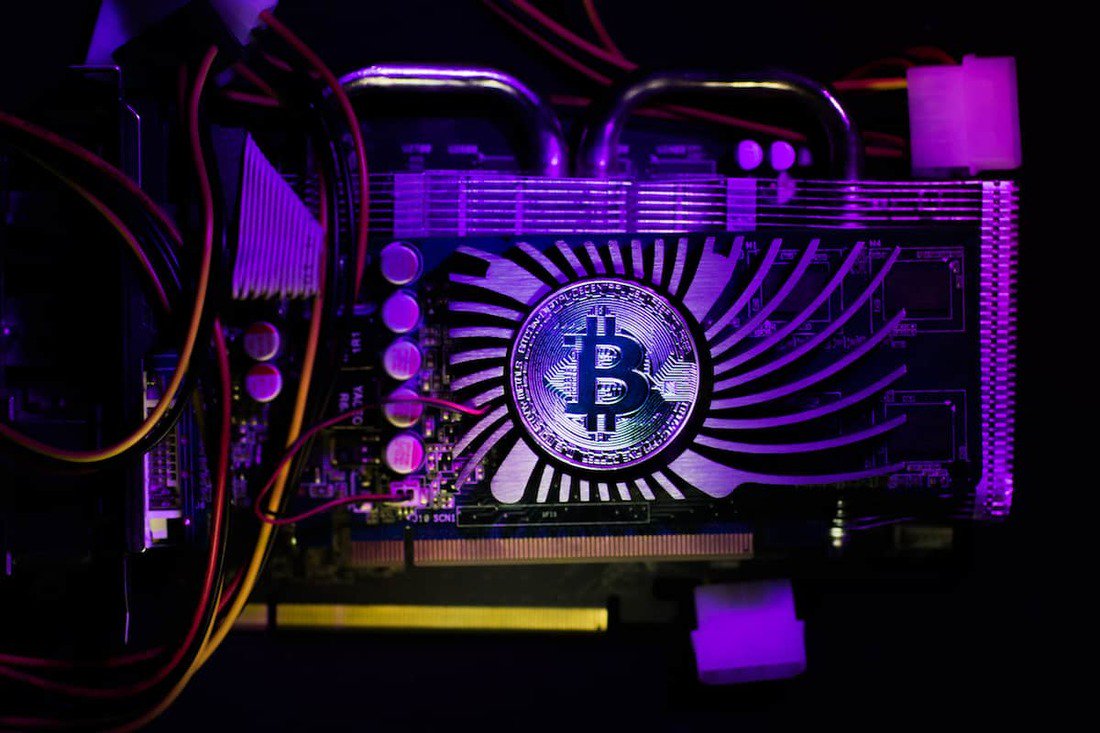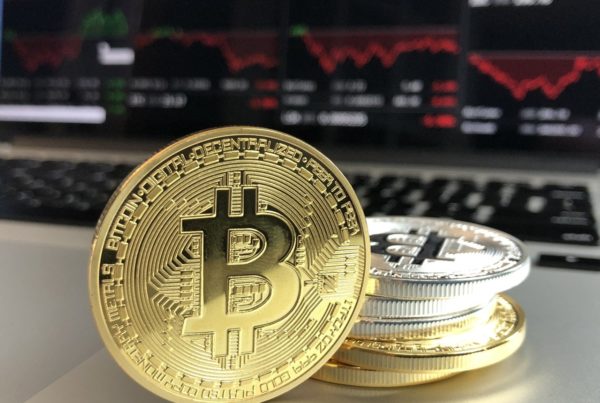According to Reuters, a dream that began in a dishwasher drawer turned to raising up to 20 million euros ($25 million) as two Italian entrepreneurs try to carve out a new niche in crypto-currency mining – .
Gabriele Angeli, 34, and Gabriele Stampa, 43, are founders of Florence-based Bitminer Factory, Italy’s largest currency-mining host, which has developed a computer “rig” they hope will underpin a plan to forge a unusual business model.
Mining cryptocurrencies such as Bitcoin requires the use of powerful computers to solve complex problems to complete, verify and record transactions in these virtual currencies. In return, miners are issued with new units of cryptocurrency as a reward.
In eight months of operation, the “Bitminer 8” has helped to attract 140 miners to their mining operation on the outskirts of the elegant Renaissance city, which for several centuries from the Middle Ages served as a mint for European coinage.
Their next step, using the proceeds of their initial coin offering, is to take the Bitminer 8 on the road, installing the machines in shipping containers and enabling miners to move them by truck to cheap power sources across Europe.
“With the mobile farm we want to conquer Europe,” Angeli said. “It will allow us to export our business model which we’ve been experimenting with here in Florence.”
The enterprise is built on the Bitminer 8 machine, which began as a prototype assembled in a dishwasher drawer from off-the-shelf computer parts. It is aimed at those targeting currencies other than Bitcoin, the most challenging to mine.
Bitcoin mining needs more computational power and energy than other cryptocurrencies and the supply of Bitcoin rigs is dominated by large manufacturers such as China’s Bitmain Technologies and Canaan Creative, and U.S.-based Bitfury.
By contrast, miners of other cryptocurrencies require less sophisticated rigs, and the market is more open to smaller firms like Bitminer, whose modern-day Florentine mint is powered by renewable energy and housed in a drab industrial building.
Angeli said he and his business partner planned to use the proceeds of their fund-raising to open a new mining center in southern Italy this year, and push into what they call “mobile farms”, rigs that are housed inside shipping containers.
They ultimately want to list on the London stock exchange’s junior board, AIM, within two years, by converting into shares the digital coins issued in their fund-raising this month.
The pair’s business model has drawn scepticism, however.
Ferdinando Maria Ametrano, an expert on cryptocurrencies at Milan’s Bicocca university, said the market to supply computer rigs for non-Bitcoin mining required fewer economies of scale and was open to much more competition.
He also wondered why Bitminer Factory would sell its machines and hosting services to other miners when it could use them exclusively instead. “If they are profitable, why do they sell the service to someone else?” Maria Ametrano said.
Angeli and his business partner, Gabriele Stampa, said their sales of computer rigs and hosting services generated much more income – about 5 million euros in the first quarter of this year – than their own proprietary mining operations.
“We are creating a market that we control,” Stampa said. “We and our miners continue to earn cryptocurrency from our plants.”
Sources: Reuters and others





